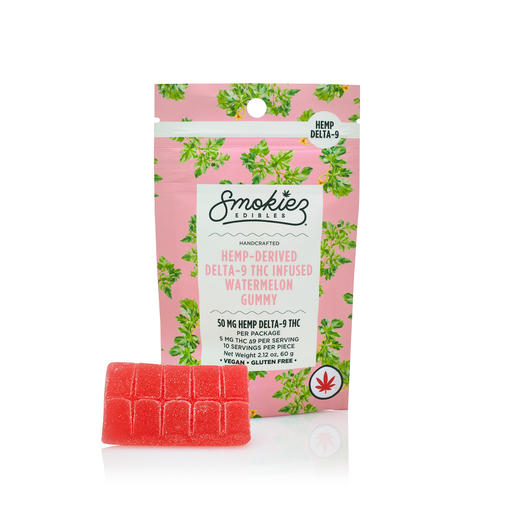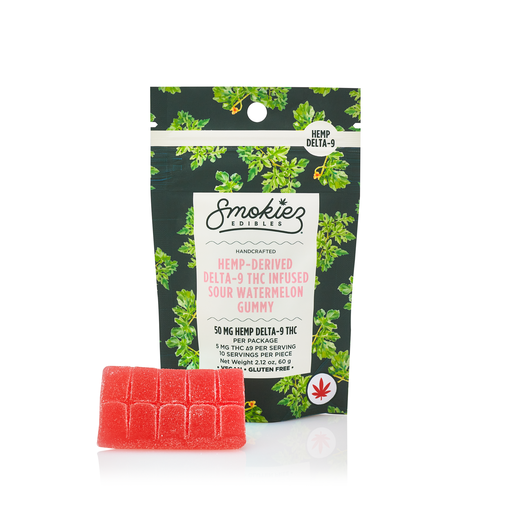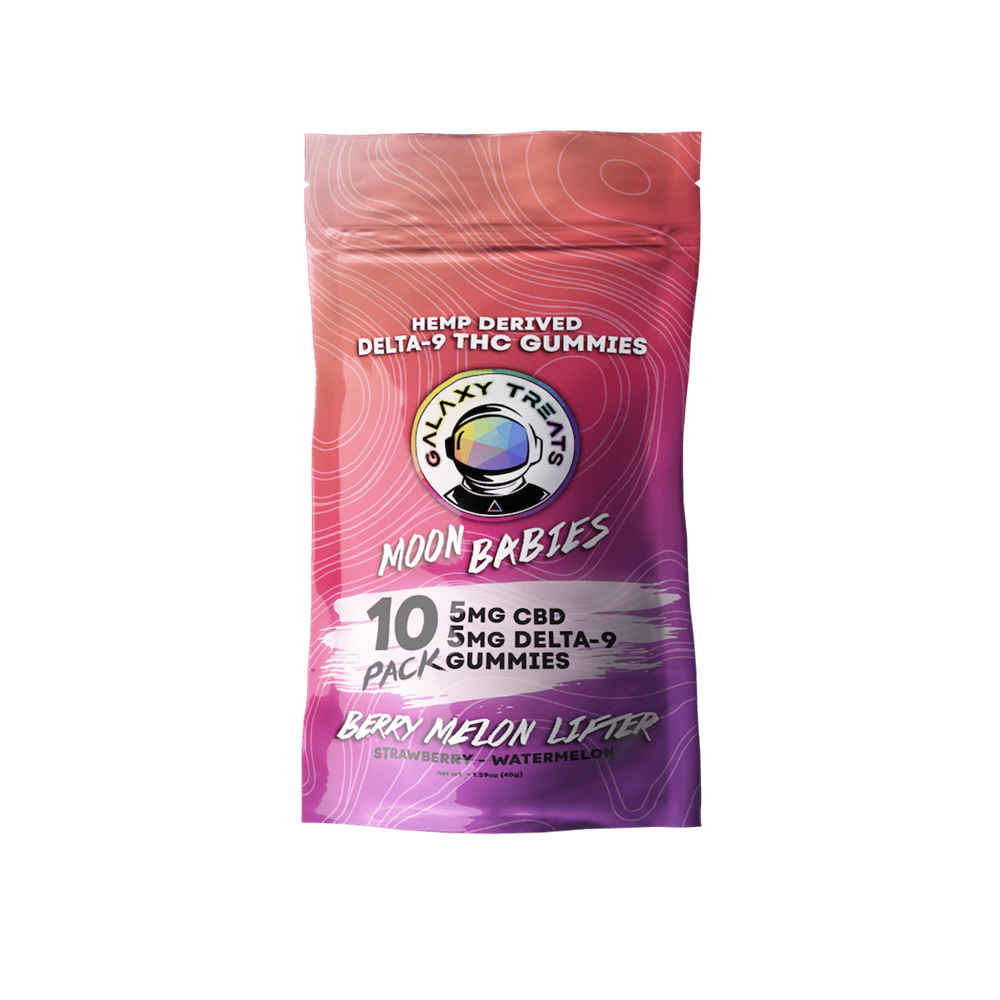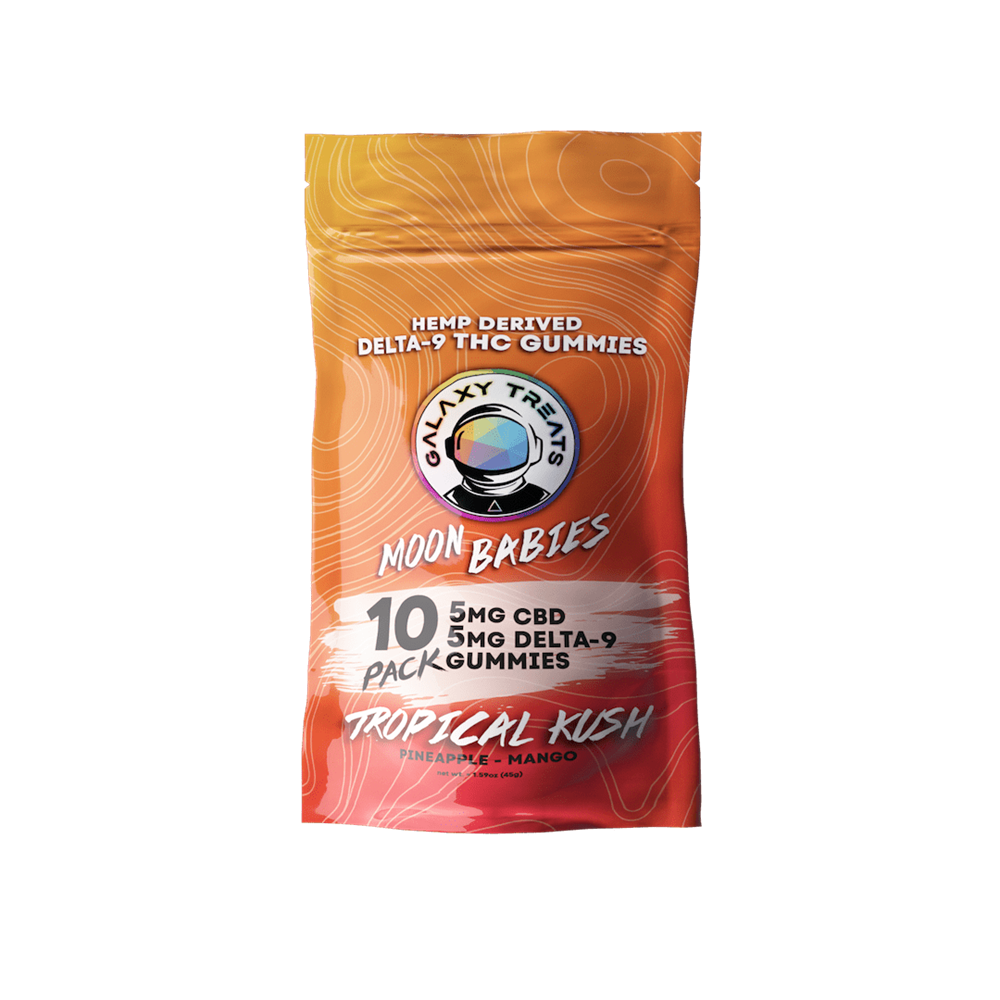
Minnesota Hemp Compliance
Get the latest news on everything Minnesota Hemp
The information provided on this platform should not be construed as legal advice. Please consult a qualified legal professional for personalized and accurate legal guidance.
In Minnesota, retailers may only carry hemp products of lower potency. Edible or drinkable forms are allowed for human consumption. Additionally, products designed for use externally on the body such as creams and ointments may be sold. These must be labeled accordingly.
Minnesota prohibits any products containing high levels of THC, meant to be smoked or vaped. This includes Delta 8 THC, extracted from certified hemp plants. Before buying Delta 8 THC, it is important to understand the laws surrounding hemp products in Minnesota. Here you can find all the key information you need to know.
Key Compliance Guidelines
- Hemp and CBD products became legal in Minnesota in January 2020, provided they have less than 0.3% delta 9 THC
- Minnesota prohibits any products containing high levels of THC, meant to be smoked or vaped. This includes Delta 8 THC, extracted from certified hemp plants
- People 21 and over can now possess and enjoy hemp-based edibles and beverages with up to five milligrams of total THC - like Delta 9, Delta 8, and 10. Each package may not exceed 50mg
- CBD and Delta 8 are two distinct substances, regulated by different laws - while CBD can be used legally in 47 states, Delta 8 is only legal in 33 states
Shop Minnesota Compliant Hemp
MINNESOTA COMPLIANT
Shop Minnesota Products

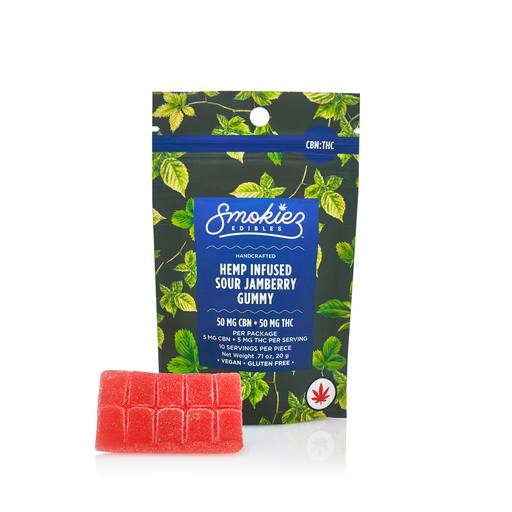
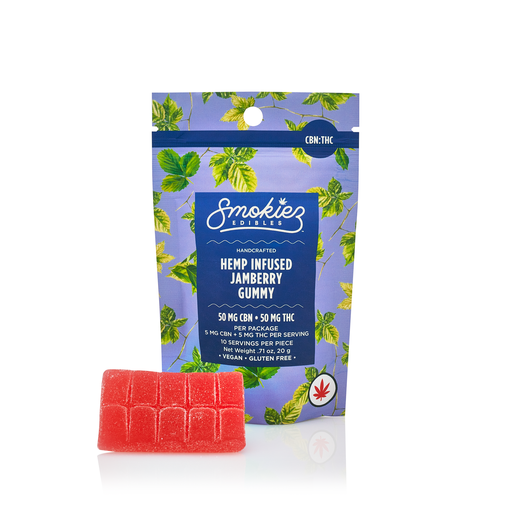
What is the current status of hemp in Minnesota?
Hemp is now a legal crop in the United States, and regulation of its production falls to individual states. In compliance with federal regulations, farmers in Minnesota who wish to grow hemp must obtain permits from the Minnesota Department of Agriculture before planting begins. To maintain their permit status, all growers must adhere to stringent testing requirements for THC levels as established by state law.
In 2014, the federal government passed a law known as the Farm Bill. It lets farmers cultivate industrial hemp under specific conditions. Minnesota followed suit in 2015 with its Industrial Hemp Development Act to match up to the federal regulations. These laws define hemp as plants that contain 0.3% or less THC on a dry weight basis. Farmers in MN can apply for a license from the MDA to cultivate hemp for research, processing, or production.
Are there restrictions on selling hemp products in Minnesota?
Delta 8 THC is a derivative of hemp and falls under the 2018 Farm Bill. It has gained popularity in recent years due to its potential benefits, yet legality varies by state. Consequently, users and vendors alike must abide by guidelines set forth by state law.
In May 2022, the Gopher state passed HF 3595. This law restricts the sale of any product with delta 8 THC levels higher than 0.3%. It covers not only Delta 9 but also 8 and 10. The state also imposed a THC limit on edibles. Each serving must not exceed 5 mg, and each package must not have more than 50 g of any kind of THC. The new measures also forbid the use of any cannabinoid that's been artificially made, such as THC-P and THC-O in edibles.
Can I buy Delta 8 THC online in Minnesota?
Delta 8 is regulated in Minnesota, so you can't buy Delta 8 edibles with high THC levels. To buy in-store or online, ensure each serving doesn't exceed 5mg of THC. Shopping online allows you to compare prices, look into product offerings, and read customer reviews quickly and easily.
Plus, it's safe and secure so you don't have to worry about any sketchy transactions! Shopping Delta 8 THC online also means you can access discounts that may not be available locally. Mega Distribution Wholesale offers competitive prices with fast and secure ordering.
Are CBD and Delta-8 THC products similar?
No, CBD and Delta 8 aren't the same thing. Their effects on people are different and their production methods are unique. Delta 8 is mildly psychoactive while Delta 9 has a stronger effect, but both are mainly used for recreational purposes. As for CBD, it doesn't have any psychoactive properties, which is why most people use it medicinally. However, federally these two cannabinoids share the same regulations. Regarding state laws, Delta 8 is only legal in 33 states while CBD can be used legally in 47 states.
Whatare the requirements for labeling hemp products in MN?
In Minnesota, hemp-derived products must be clearly labeled to include the total THC content and any informational warnings. Labels should also contain common information such as producer’s name, mailing address and contact number.
Furthermore, products with THC content less than 0.3% need to adhere to additional requirements like a scannable QR code linked to their accompanying laboratory analyses results. This will allow consumers to verify their active ingredients. Finally, all packaging of hemp related products in Minnesota must follow strict rules set out by the Department of Agriculture for compliance purposes.
The information provided on this platform should not be construed as legal advice. Please consult a qualified legal professional for personalized and accurate legal guidance.
